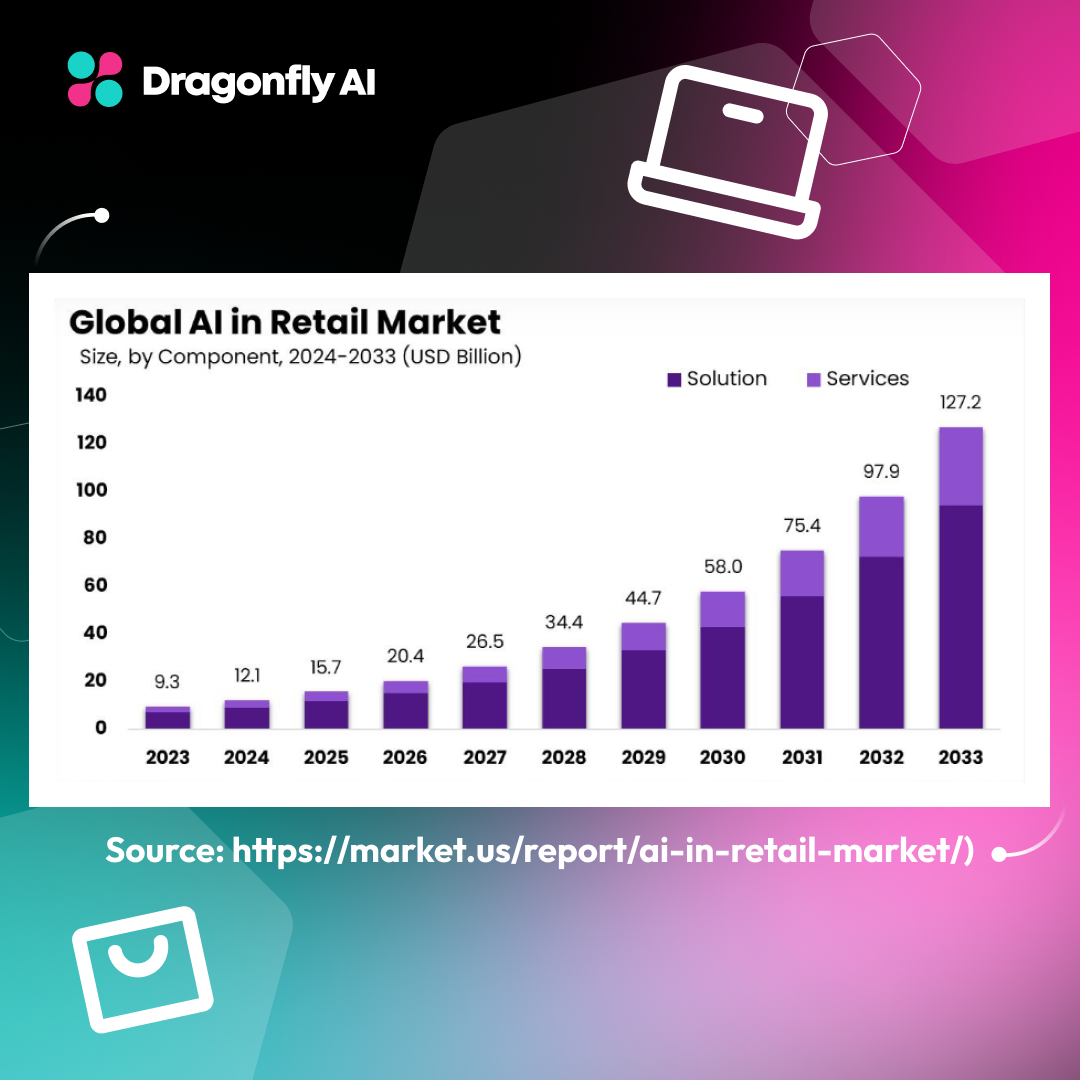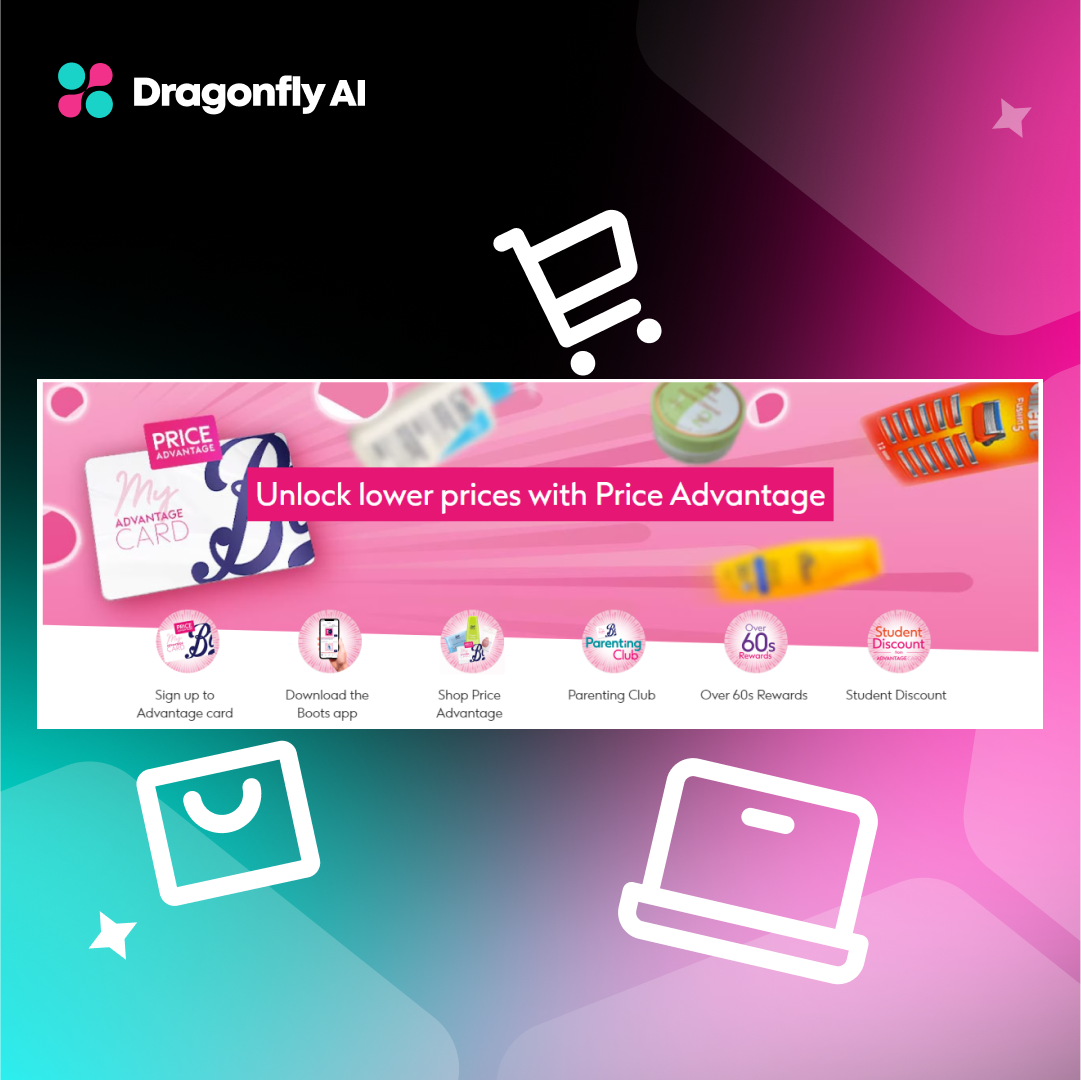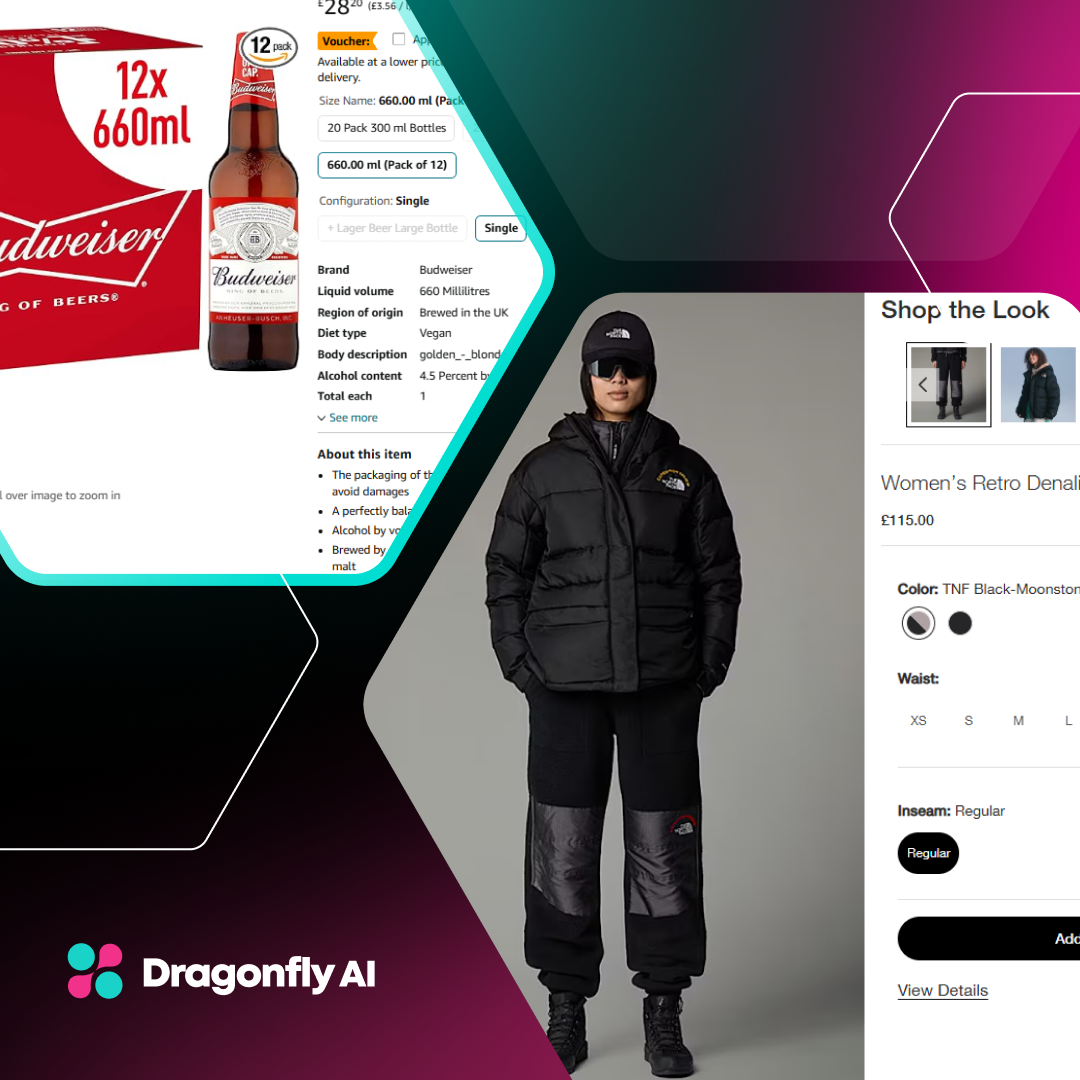Building a long-term healthy relationship with customers is at the heart of future business growth. If customers are satisfied and feel understood, they will interact with the brand in the future. This is the strongest indication of prosperity for the brand.
The idea of customer retention and loyalty is especially crucial for direct-to-customer (D2C) companies that’ll need everything, from marketing to customer service, to be executed correctly so that existing customers become advocates for the brand.
Today, D2C brands have a tremendous opportunity to leverage artificial intelligence when thinking about their customer retention strategies. While the average customer retention rate for D2C brands averages around 28%, putting AI-powered technologies into the mix can significantly increase this number; the reason being AI’s ability to help D2C brands understand their customers better.
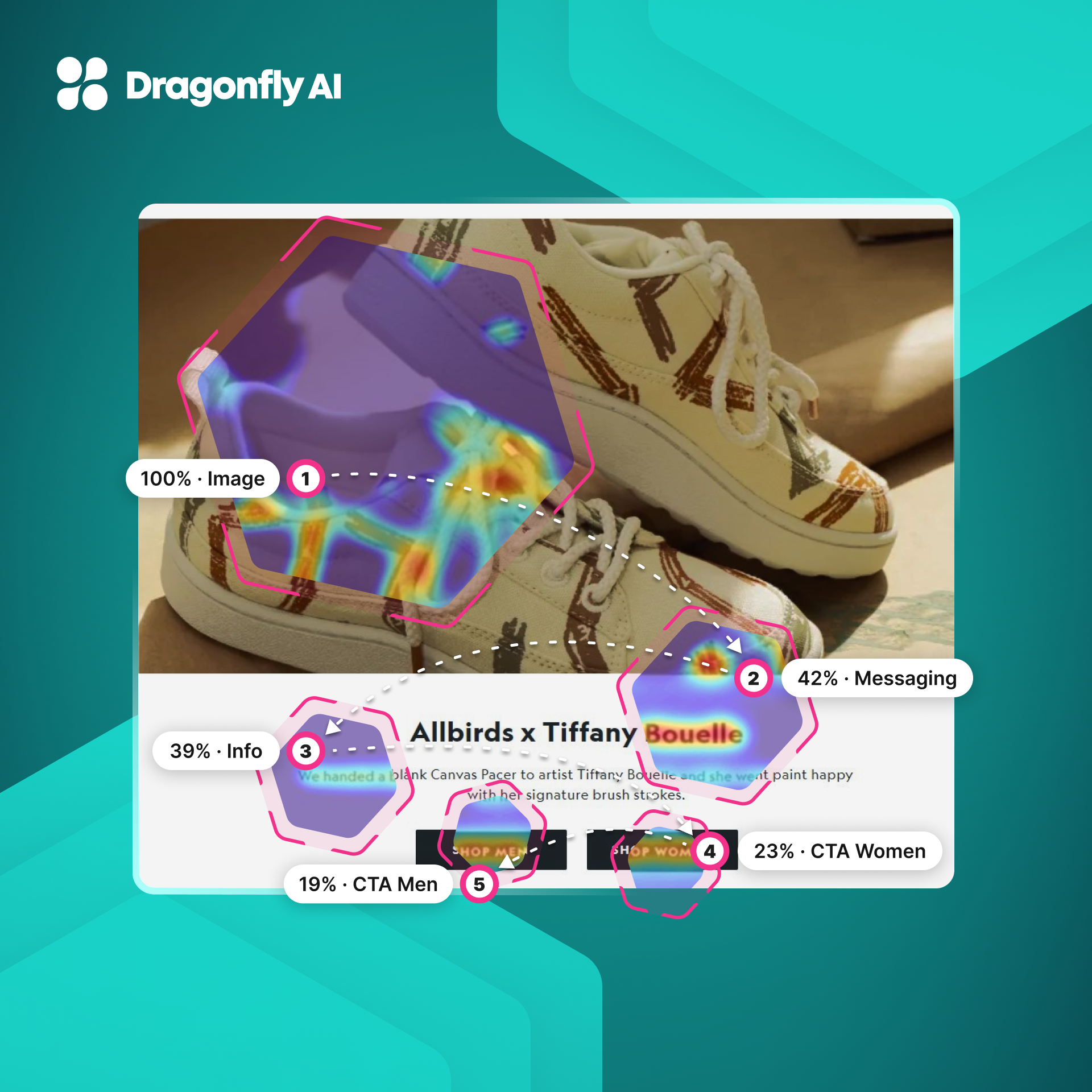
Take a look at AI-powered customer retention strategies and how they can help D2C brands grow and add more value for customers below.
The Significance of Customer Retention for D2C Brands
Look at any successful D2C brand, and you’ll see the same pattern repeated: they have a high customer retention rate. This is because of;
-
Lifetime Value (LTV): Brands that can create repeat customers extract more value from each individual customer over the long term. Repeat customers are also the likeliest to spend more in subsequent purchases because there’s a developed trust with the brand.
-
Reduced Customer Acquisition Costs (CAC): Acquiring new customers costs more than retaining current ones, at least in the long run. By keeping existing customers engaged and satisfied, D2C brands can reduce and optimize the marketing spend that goes into acquiring new customers.
-
Referrals and Brand Advocacy: Satisfied customers are more likely to refer friends and family to a brand they trust. This word-of-mouth marketing can be incredibly effective for D2C brands, as it can lead to a snowball effect of new customers. In fact, according to a report by Deloitte, DTC brands acquired through word of mouth have a 37% higher retention rate.
-
Reduced Churn: Churn rate, which indicates potential revenue lost due to lost customers, can be reduced when you have satisfied repeat customers.
In today’s competitive market, customer retention remains paramount for the sustained success of D2C brands.
AI's Role in Customer Retention
AI has the ability to supercharge customer retention strategies by helping D2C brands understand their customers in more depth. This includes using AI algorithms to personalize user experience and serve each user better product recommendations, content suggestions, and even personalized interaction with the brand. Hence, the customer feels more valued and understood.
Examples include Amazon using AI to boost customer experience, such as personalizing product recommendations and summarizing customer reviews. Netflix is also another great example of a DTC brand using AI to recommend users new movies based on their previous viewing history, and boosting engagement if it starts dropping.
Brands can also use predictive analysis to understand customer preferences and take advanced measures if the AI algorithms see a drop in repeat buying patterns. For example, if a customer hasn’t shopped with your brand in a while, brands can send out promotional offers based on past customer data to nudge them toward a repeat purchase.
AI is a powerful tool for other aspects of customer retention such as customer feedback analysis where you can better understand what is likely to keep each user engaged with the D2C brand by studying customer feedback. This can also help with marketing campaigns, where you can adjust efforts by better understanding what will more likely resonate with your current customer base.
The bottom line is, AI has tremendous potential because of its ability to analyze vast datasets at a rate that was previously not possible. This is a powerful capability to have when planning out customer retention strategies.
Personalization through AI
Customers want to be understood, listened to, and acknowledged by the brands they shop with. By integrating AI, companies today can personalize experiences for each customer in several ways.
First, AI can interpret and understand vast amounts of data better than previous technologies. This is a powerful capability to have in marketing, where you can use AI to better understand what kind of advertisement works with kind of customers and run targeted campaigns based on that.
Oftentimes, surveys don’t reveal too much about actual customer behavior because people might provide inaccurate responses. Still, with AI, we can study actual user behavior based on their shopping patterns and get a better idea of what will attract them to the brand.
Second, once they arrive on your website, D2C brands can personalize user experience based on the user’s online behavior to make their interaction with the brand more pleasant. This is a significant development as it can help retain customers because of their positive interaction with the brand.
Finally, D2C brands can create a flywheel effect by using AI to understand how to bring the customer back for a second purchase. Take the example of Patchology, a DTC brand that used AI to provide its customers with personalized recommendations and saw a 23% boost in customer retention rate.
Additionally, brands can use AI to send personalized promotional e-mails based on each customer’s shopping pattern and increase the likelihood of retaining them for a second purchase. AI can even time these emails by understanding how long to wait before sending out the email based on each customer’s preferences.
Chatbots and Virtual Assistants
AI-powered chatbots and virtual assistants are already a reality. Companies like Starbucks, Mastercard, Microsoft, Payoneer, and many other similar companies have already implemented it in one form or another.
The reason is simple: new chatbots with conversational AI capabilities can understand customer service policies and respond to queries more efficiently, ensuring excellent customer service. When customers are better served, engagement and retention automatically go up.
AI chatbots are also more consistent than humans and can take customer data to more efficiently understand what kind of response will work with each customer. They can also process real-time information to serve customer queries faster, such as accurately answering questions about product quality, availability, and other related information.
Customer Feedback and Data Analysis with AI
Customer feedback analysis can be a powerful tool to understand how customers respond to your product or service. Take the example of Allbirds, a DTC shoe brand that used proprietary technology to understand customer feedback, reviews, and social media engagement and where they need to improve.
AI-powered customer feedback analysis is a powerful strategy to boost retention rates. Using AI, large datasets comprising negative customer feedback can be analyzed to understand major pain points customers face, which can then be used to address these concerns. It can also be an insightful tool to analyze not just customer feedback for your DTC brand but also competitors.
Building Customer Loyalty Programs with AI
Loyalty programs are a great way to establish long-term relationships with customers and reward them for their loyalty. AI again comes into the mix with its ability to take large amounts of customer data and make more accurate assessments of what each customer would want in a loyalty program, so each deal can be customized to build better relationships.
For example, say there’s a dashboard where each customer can view their points, badges, what they need to do to win more rewards, etc. Instead of a standardized approach, AI could study how much each customer is willing to spend to change the cutoff for things like badges, rewards, etc. This will ensure each customer remains engaged and stays a loyal customer.
Predictive Analytics for Churn Reduction
Predictive analytics is a game-changer when it comes to reducing customer churn. By meticulously analyzing customer data, businesses can identify patterns and early warning signs that indicate a customer might be on the verge of leaving. This proactive approach allows companies to intervene before it’s too late, implementing strategies to retain these valuable customers.
For instance, predictive analytics can delve into various aspects of customer behavior, such as purchase history, account activity, and even social media engagement. By understanding these behaviors, businesses can tailor their retention strategies to address specific issues and concerns. Imagine being able to send a personalized offer to a customer who hasn’t made a purchase in a while, or providing targeted support to someone who has expressed dissatisfaction on social media. These targeted interventions can significantly reduce customer churn and enhance overall customer satisfaction.
In essence, leveraging predictive analytics enables businesses to stay one step ahead, ensuring that they can address potential issues before they escalate, thereby maintaining a loyal customer base.
Measuring the Impact of AI on Customer Retention
Understanding the effectiveness of AI in customer retention requires diligent measurement and analysis. Key metrics to monitor include customer satisfaction, customer retention rates, and the Net Promoter Score (NPS). By keeping a close eye on these metrics, businesses can gain valuable insights into how AI is impacting their customer retention efforts.
For example, tracking customer satisfaction can reveal how well AI-powered personalization and customer service initiatives are resonating with customers. Similarly, monitoring retention rates can show whether AI-driven strategies are successfully keeping customers engaged and loyal. The NPS, which measures the likelihood of customers recommending your brand to others, can provide additional insights into overall customer satisfaction and loyalty.
Data-driven insights derived from these metrics can help businesses refine their AI strategies. By understanding what works and what doesn’t, companies can make informed decisions to enhance their customer retention efforts. Ultimately, leveraging AI technology to drive customer retention not only improves customer satisfaction but also contributes to long-term business growth.
Crafting a Winning AI Strategy for Customer Service
Developing a successful AI strategy for customer service involves careful planning and execution. AI can be a powerful tool to automate customer service tasks, enhance customer service, and provide personalized experiences that keep customers coming back.
To craft a winning AI strategy, businesses should start by understanding customer behaviors and preferences. This involves analyzing customer data to identify patterns and trends that can inform your AI initiatives. For instance, AI can help identify customers at risk of churning, allowing businesses to develop targeted strategies to retain them.
Automating customer service tasks with AI can also significantly enhance customer service. AI-powered chatbots and virtual assistants can handle routine inquiries, freeing up human agents to focus on more complex issues. This not only improves efficiency but also ensures that customers receive timely and accurate responses.
Moreover, AI can provide data-driven insights that help businesses improve customer engagement and satisfaction. By analyzing customer interactions and feedback, AI can identify areas for improvement and suggest actionable strategies to enhance the customer experience.
In summary, leveraging AI technology to drive customer retention involves a combination of understanding customer behaviors, automating customer service tasks, and using data-driven insights to continuously improve. By doing so, businesses can build stronger customer relationships and ensure long-term loyalty.
The Future of AI in DTC Customer Retention
Many upcoming trends in AI that are gaining traction are destined to transform DTC brands in the near future. Here are some key insights and trends that will help D2C brands increase retention rates and optimize retention strategies:
Insight 1: Creative intelligence and optimization
AI can help D2C brands with creative testing of products to see what product variation gets more attention from users and has a higher likelihood of customer retention.
For example, a global pharmaceutical company recently used Dragonfly AI, an AI-powered predictive visual analytics platform, to increase toothpaste sales by 7% by better positioning their products across stores.
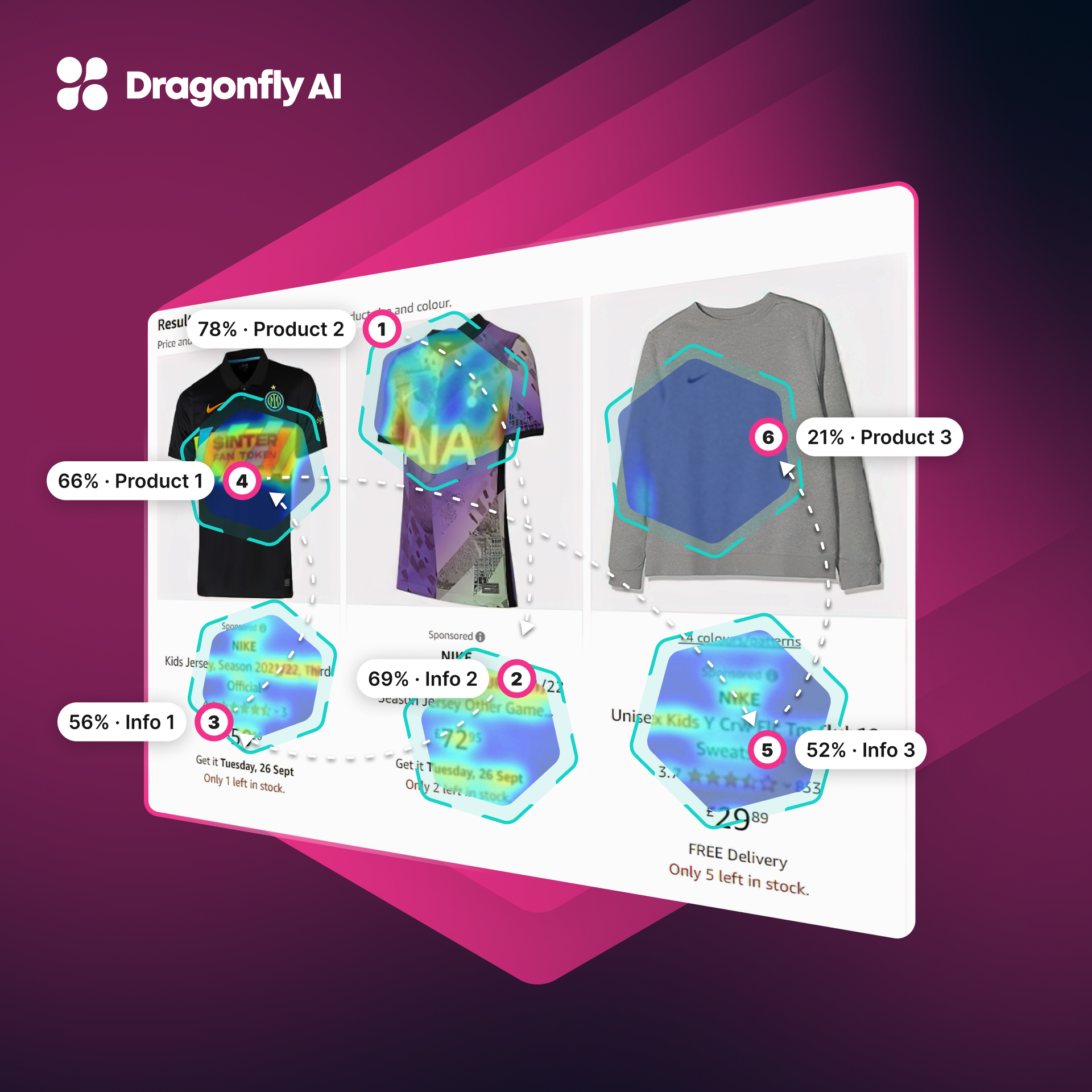
Insight 2: Better customers, better customer retention
AI-powered sales and marketing strategies are already a big hit. But we believe the best is yet to come. Moving forward, AI will help D2C brands run hyper-targeted sales and marketing campaigns and spend their resources attracting customers more likely to make repeat purchases.
Insight 3: Dynamic pricing with Predictive Analytics
Although still in consideration, AI-powered dynamic pricing is a revolutionary new concept that can disrupt current DTC marketing strategies. With this new model, AI can take vast amounts of customer data to understand what kind of pricing will likely work with each customer and price products into promotional or marketing offers accordingly.
This kind of ‘personalized pricing’ increases the likelihood of settling on prices with different customers based on their willingness to pay. Over the long term, DTC brands can automate this so that AI can keep pricing with customers settled at prices that keep retention rates high and do not negatively impact long-term revenues.
Key Takeaways
There’s limitless potential for AI to fundamentally change how DTC brands think about customer retention strategies and provide better ways to build long-term relationships with customers.
From personalizing shopping experiences for customers, using chatbots and customer feedback analysis for better interaction with customers, building stronger loyalty programs, and so on, there are numerous ways AI can be leveraged.
The technology is rapidly evolving, and many new opportunities can help reduce CAC churn rates, increase customer lifetime value, and influence key metrics that indicate low customer retention rates.
Overall, it’s safe to say the future for DTC brands is optimistic, as rapid developments in AI are bound to create more value and drive further growth.
